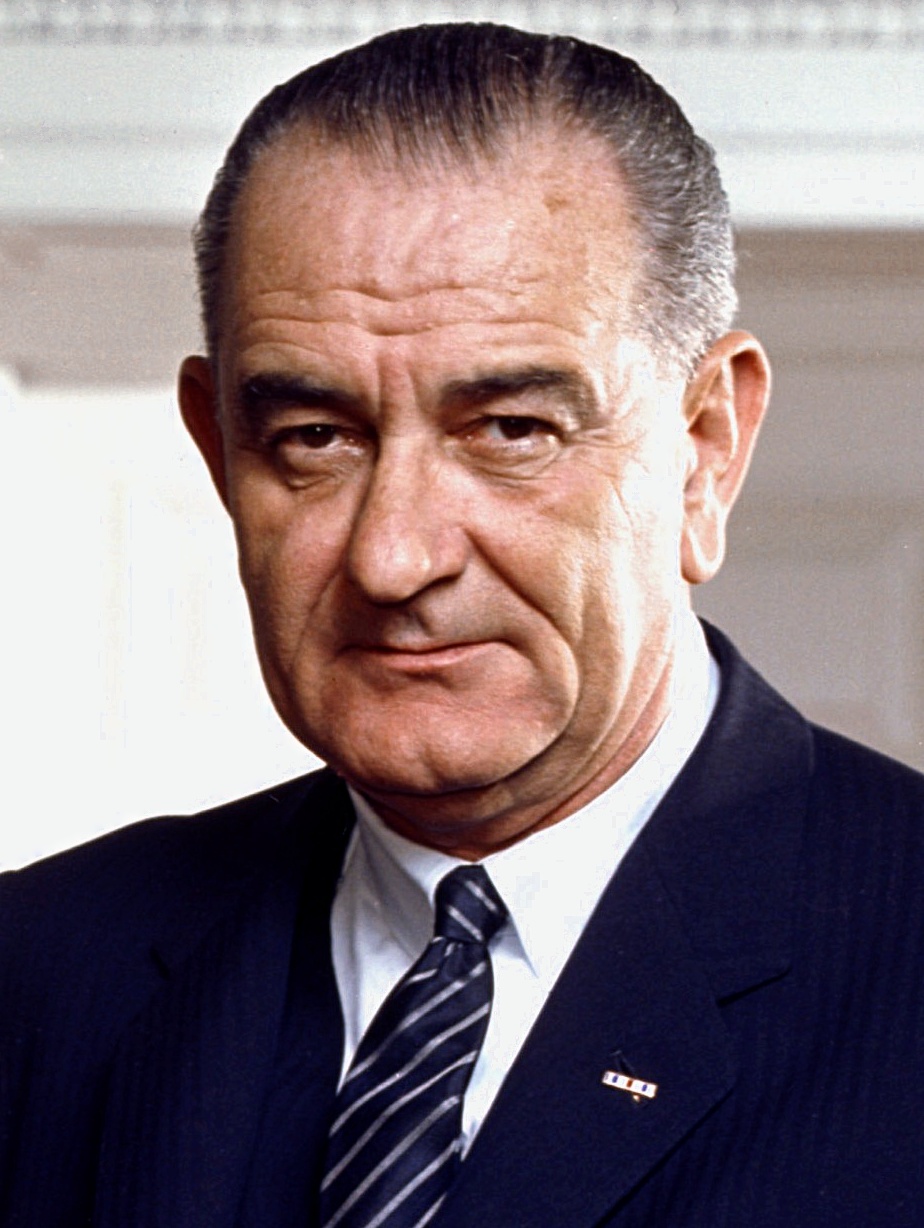Dump Johnson movement on:
[Wikipedia]
[Google]
[Amazon]
 The Dump Johnson movement was a movement within the
The Dump Johnson movement was a movement within the
 The Dump Johnson movement was a movement within the
The Dump Johnson movement was a movement within the United States Democratic Party
The Democratic Party is one of the two major contemporary political parties in the United States. Founded in 1828, it was predominantly built by Martin Van Buren, who assembled a wide cadre of politicians in every state behind war hero And ...
to oppose the candidacy of President of the United States
The president of the United States (POTUS) is the head of state and head of government of the United States of America. The president directs the executive branch of the federal government and is the commander-in-chief of the United States ...
Lyndon B. Johnson
Lyndon Baines Johnson (; August 27, 1908January 22, 1973), often referred to by his initials LBJ, was an American politician who served as the 36th president of the United States from 1963 to 1969. He had previously served as the 37th vice ...
to become the party's nominee in the 1968 presidential election. Their opposition to Johnson stemmed mainly from their opposition to the Vietnam War
The Vietnam War (also known by other names) was a conflict in Vietnam, Laos, and Cambodia from 1 November 1955 to the fall of Saigon on 30 April 1975. It was the second of the Indochina Wars and was officially fought between North Vietnam a ...
, while the movement can be seen as part of an internal battle within the Democratic Party between antiwar liberals, unreconstructed Cold Warriors and moderates.
Within the left wing of the Democratic Party there had been rumbles all during 1967 of challenging Johnson's candidacy. The leading proponents of the Dump Johnson Movement were two opponents of the war, Allard K. Lowenstein
Allard Kenneth Lowenstein (January 16, 1929 – March 14, 1980)Lowenstein's gravestone, Arlington National Cemeteryphoto onlineon the cemetery's official website. Accessed online 28 October 2006.Curtis Gans. Their first choice to be a candidate was
Robert F. Kennedy
Robert Francis Kennedy (November 20, 1925June 6, 1968), also known by his initials RFK and by the nickname Bobby, was an American lawyer and politician who served as the 64th United States Attorney General from January 1961 to September 1964, ...
, but the New York Senator declined after a series of meetings in September and October 1967. When he declined, they next turned to California Congressman Don Edwards
William Donlon Edwards (January 6, 1915 – October 1, 2015) was an American politician of the Democratic Party and a member of the United States House of Representatives from California for 32 years in the late 20th century.
Early life
Edwar ...
, Idaho Senator Frank Church, Canadian-born economist John Kenneth Galbraith
John Kenneth Galbraith (October 15, 1908 – April 29, 2006), also known as Ken Galbraith, was a Canadian-American economist, diplomat, public official, and intellectual. His books on economic topics were bestsellers from the 1950s through t ...
, retired U.S. Army General James M. Gavin, and South Dakota Senator George S. McGovern, all of whom similarly declined. Finally, in mid-October Lowenstien approached Minnesota Senator Eugene McCarthy and found to his surprise that the Senator was willing. 'Somebody has to raise the flag,' McCarthy remarked. Six days later, in a meeting with Lowenstein and another liberal leader McCarthy made his decision definite. "You guys have been talking about three or four names. I think you can cut the list down to one now."
Johnson's thoughts of running received a fresh blow on March 12, when McCarthy shocked the country by winning 42 percent of the New Hampshire
New Hampshire is a state in the New England region of the northeastern United States. It is bordered by Massachusetts to the south, Vermont to the west, Maine and the Gulf of Maine to the east, and the Canadian province of Quebec to the nor ...
primary, at which point Kennedy belatedly entered the race, splitting the anti-war opposition between two candidates. Lowenstein and many other antiwar activists remained committed to McCarthy, seeing Kennedy's late entry as opportunistic and divisive.
On Sunday evening, March 31, at the close of his televised address to the nation on Vietnam, Johnson declared, "I shall not seek, and I will not accept, the nomination of my party for another term as your President". Johnson had withdrawn from the 1968 Democratic candidate race.
Between them, McCarthy and Kennedy received more than 5.3 million votes in the Democratic primaries, far more than any other candidates. Kennedy's candidacy ended with his assassination following the California
California is a state in the Western United States, located along the Pacific Coast. With nearly 39.2million residents across a total area of approximately , it is the most populous U.S. state and the 3rd largest by area. It is also the m ...
primary on June 5.
References